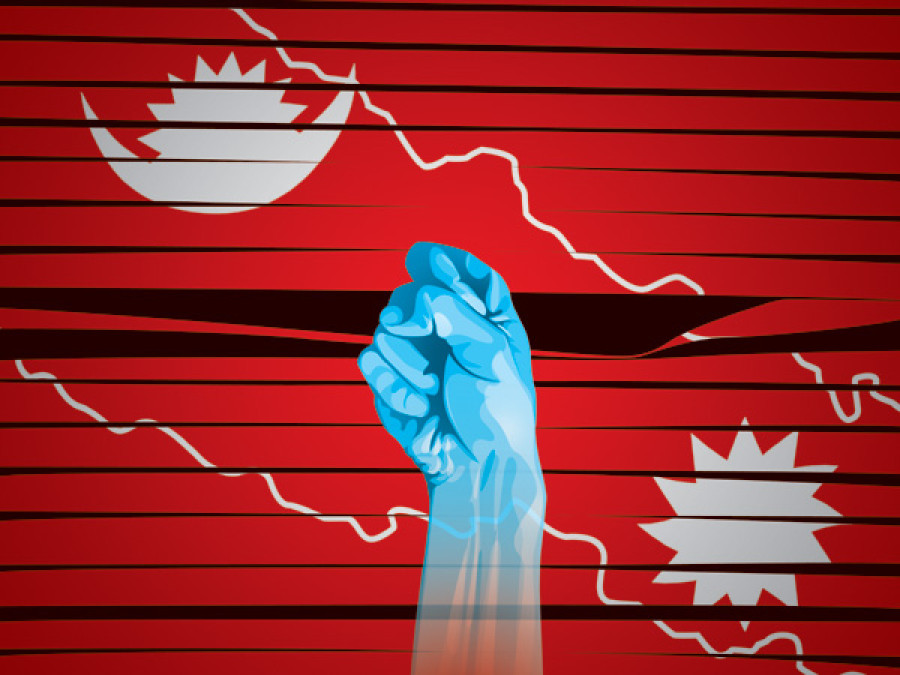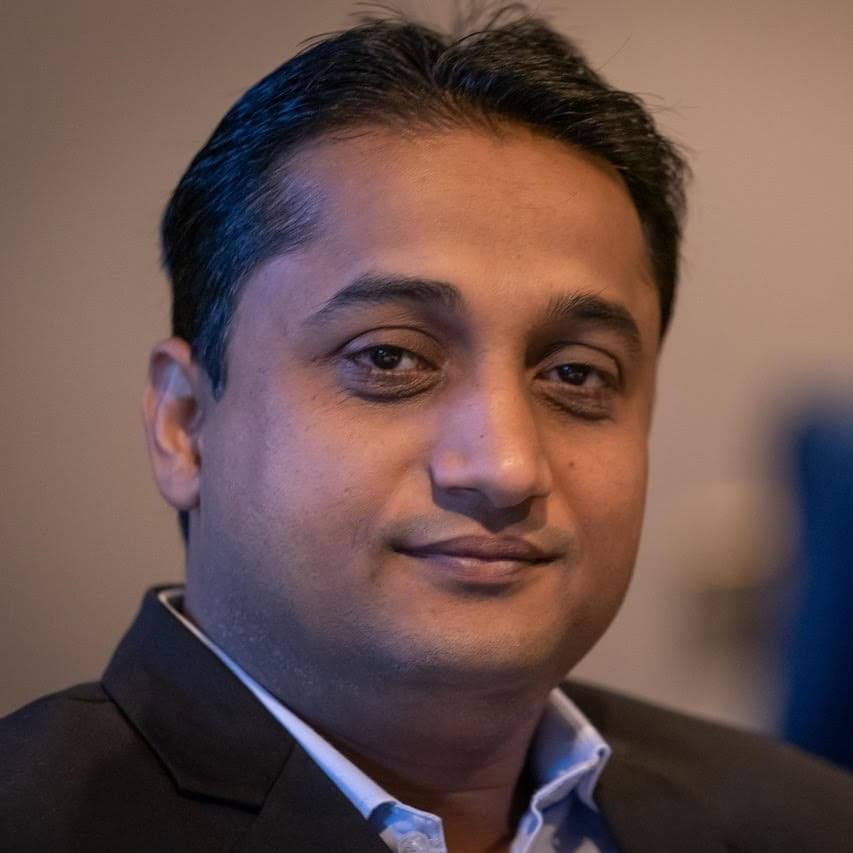Opinion
Dateline Birgunj
Madhesis could feel further alienated by the state if the movement does not bring any substantive change
Dipendra Jha
Two years ago, I was in Birgunj to participate in a programme on politics. Back then, no one was interested in taking part in a political discourse in this business-centric city. Politics did not seem to strike a cord with the people living in this city along the Nepal-India border. But it is this very place that is currently at the forefront of Nepali politics. How did this commercial city turn revolutionary? During my recent visit to the place, my aim was to understand Birjung’s motivation to be the epicenter of the longest ever political movement in Nepal.
The city definitely looks tired as it has already been four months since the start of the Madhes protest. Of late, the number of participants in the sit-ins along the Nepal-India border has declined as it is the season to harvest paddy and sow wheat and other seasonal crops. But Birgunj is not in a mood to give up.
Birgunj’s transformation
One demonstrator at the border represents the sentiments of thousand others. And whenever any incident takes place along the border, thousands of people rush to the site. It was evident from the incident that took place on the first week of December. As soon as smugglers—supported by those against the Madhes Movement—attacked protestors, thousands of local demonstrators had gathered, according to Ram Kishor Yadav, a leader of Sanghiya Samajwadi Forum Nepal (SSFN)—one of the four Madhes-based parties that form the Sanyukta Loktantrik Madhesi Morcha.
SSFN leader Yadav, along with his fellow protesters, sleep at the Nepal-India Friendship Bridge every night. Despite chilly winter weather, they are determined to continue doing so until their demands are fulfilled. At the same time, the local leaders are also worried about the economic losses caused by the protests and disruption of supplies across the country.
Kathmandu is indifferent to any movement in other parts of the country. The only way to wake up the Capital from its deep slumber is to disrupt its lifeline of supplies. According to the protestors in Birgunj, they are not doing so out of choice but compulsion.
It seems both PM KP Oli and ‘goli’ (bullet) are responsible for the way Birgunj has turned out to be. PM Oli’s hateful remarks against agitating Madhesi communities such as calling the human chain formed across the East-West highway in October a ‘chain of flies’ and equating the deaths of Madhesis protesting against the constitution to ‘falling mangoes’. Out of the over 50 people who have died in the Madhes Movement, seven are from Birgunj alone. This is the first time Birgunj has lost so many lives in any political movement.
The coordinator
Pradip Yadav, another Morcha leader I met during this trip, played a very crucial role in the protests too. He spoke of the threats he faces everyday. On September 20, the day the constitution was promulgated, thousands of people from across the villages entered Birgunj to demonstrate against the statute defying the curfew under his leadership. When the police threw teargas shells at the demonstrators, it struck Yadav’s chest in Maisthan area and he fell unconscious. At that moment, he had lost all hope of surviving. But Satrudhan Patel carried his unconscious body to a safe place. According to Yadav, Patel was shot dead in police firing while the latter was guarding him.
Yadav is the coordinator of the Birgunj protest-steering committee. He complained of receiving threats from the state, media and major political parties and attempts to defame his character. Recently, Yadav appeared on the cover of a news magazine, which reported of his involvement in smuggling. The locals I spoke to in Birgung told me that it was a propaganda to foil the Madhes Movement.
It was Yadav who took the initiative to allow schools to operate during daytime from this week as the mornings in the Tarai are extremely cold. The decision of the Morcha in Birgunj contradicted with its central leadership’s previous decision to allow the schools to run in the morning. He questioned the accountability of the government towards fulfilling the genuine demands of the Madhesis. “Why has Kathmandu turned a deaf ear to the agitating communities?” His question remains unanswered.
Wake up Kathmandu
The youths, elderly, women, children along with businessmen, teachers, and leaders of Birgunj say that they want the government to fulfil their demands in a package, not in installments. They feel that the ruling class has fooled them by not implementing past agreements and promises made to them by the state. They no longer want to be treated as second-class citizens in their own land. ‘It is now or never’ is a common utterance in the whole of the Madhes. The prolonged protest only seems to have strengthened their resolve. And they are very happy with India’s stand on the Madhes too.
The leaders at the forefront of the protests in the Tarai are determined to continue the demonstrations. On top of that, they are aware of the many newly-emerged actors that pose a threat to the movement. The local leaders have continued to pressure their central leadership not to compromise on their stance as doing so could hurt the sentiments of the people whose spontaneous and overwhelming support and participation is the strength of the movement.
It is Kathmandu’s duty to accommodate the aspirations of the Madhes Movement that has already crossed the 100-day mark. Everyone is eagerly searching for a solution as the four-month-long protest has already incurred huge losses to the economy. It has paralysed people’s lives and customs since this is the peak season for agriculture and marriage. If the movement ends without resulting in any substantive achievement, it will generate a deep sense of alienation of the Madhesis towards the state. The failure of a moderate force like the Madhesi Morcha will ultimately give away space to extremist forces, which could hijack the movement and become violent. Therefore, Kathmandu must wake up before it is too late.
Jha is an advocate at Supreme Court




 9.6°C Kathmandu
9.6°C Kathmandu










